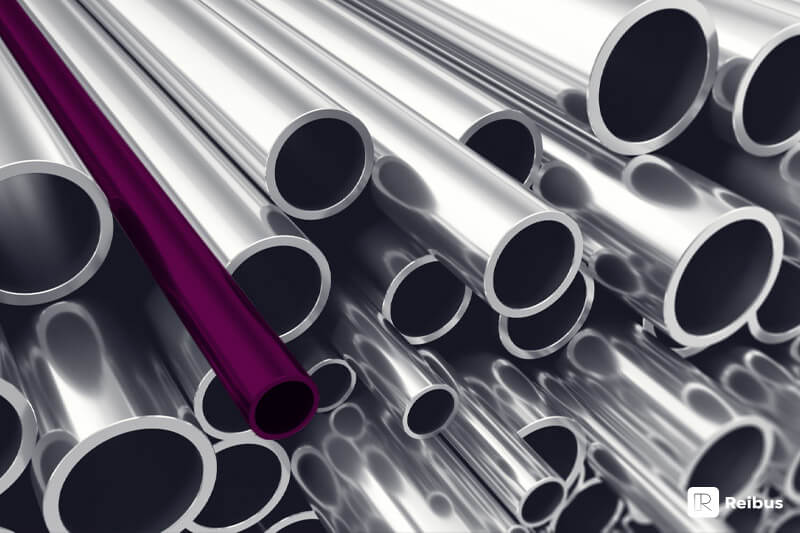
All About Alloys Steel Foundations
Alloy steel is steel that is alloyed with a variety of elements in total amounts between 1.0% and 50% by weight to improve its mechanical properties.
Strictly speaking, every steel is an alloy, but not all steels are called «alloy steels».
The simplest steels are iron (Fe) alloyed with carbon (C) – about 0.1% to 1%, depending on type – and nothing else (excepting negligible traces via slight impurities). These are called carbon steels.
However, the term «alloy steel» is the standard term referring to steels with other alloying elements added deliberately, in addition to the carbon. Common alloyants include manganese (the most common one), nickel, chromium, molybdenum, vanadium, silicon, and boron. Less common alloyants include aluminum, cobalt, copper, cerium, niobium, titanium, tungsten, tin, zinc, lead, and zirconium.
The following is a range of improved properties in alloy steels (as compared to carbon steels): strength, hardness, toughness, wear resistance, corrosion resistance, hardenability, and hot hardness. To achieve some of these improved properties the metal may require heat treating.